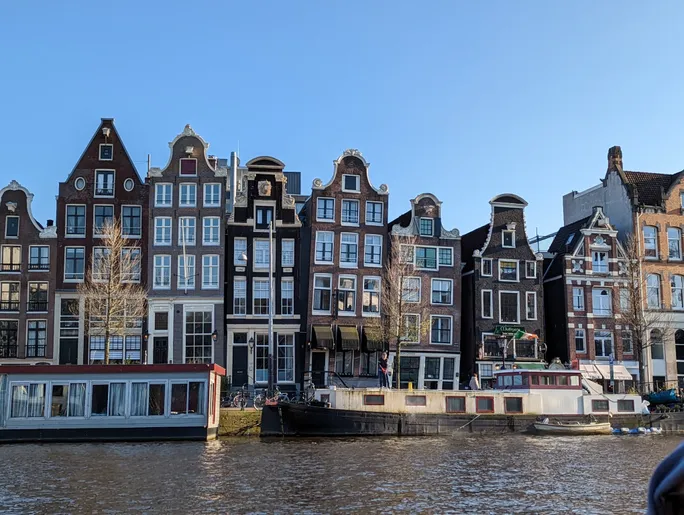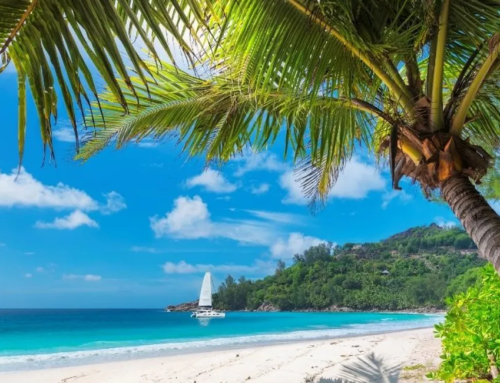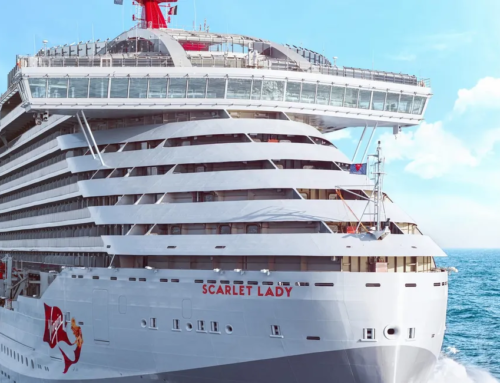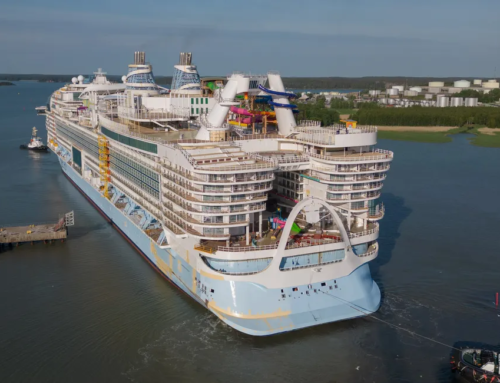
Amsterdam has taken a bold step to address its overtourism issue by announcing significant reductions in the number of river cruises allowed into the city. This initiative is part of a broader strategy to manage the influx of tourists, which has surged following the global tourism halt caused by the COVID-19 pandemic.
In 2023, approximately 2,300 cruise ships docked in Amsterdam. However, city leaders aim to halve this number to just 1,150 by 2027. This reduction is expected to decrease the annual tourist count by around 271,000, significantly easing the strain on the city’s infrastructure and resources.
Hester van Buren, Amsterdam’s finance chief, emphasized that the reduction is crucial, especially during the peak tourist seasons such as the spring bulb season, which sees a thousand river boats entering the capital. The city has set a target to keep tourist numbers below 20 million annually to prevent overtourism.
While this measure is poised to alleviate some of the congestion and environmental impact, it is not without economic consequences. The local economy could potentially lose about $78 million annually due to fewer tourists. The impact will also be felt in the hospitality sector, with an estimated 200,000 fewer hotel nights expected.
Hoteliers, like Remco Groenhuijzen, general manager of the Movenpick hotel in the city center, have expressed concerns over the financial implications. While river cruises formed a significant part of their business, hotel owners are now forced to explore alternative sources of revenue to compensate for the anticipated vacancies.
In conjunction with the river cruise reductions, Amsterdam has also launched the second phase of its “stay away” campaign, targeting budget tourists attracted by the city’s cannabis culture. This campaign further underscores Amsterdam’s commitment to reshaping its tourism landscape and promoting sustainable travel practices.
These measures represent a proactive approach by Amsterdam to balance tourism with quality of life for its residents and environmental sustainability, setting a precedent for other cities facing similar challenges.







